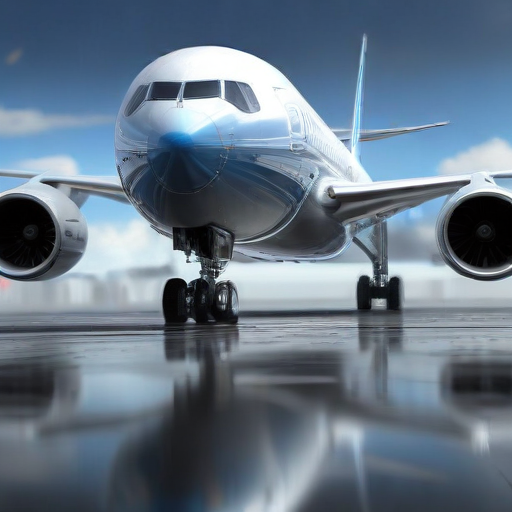Boeing has recently made significant strides in securing large orders for its flagship aircraft, the 787 Dreamliner and the 777 series. The company announced on Monday that it had received orders for up to 80 planes from both Japan Airlines and Korean Air. This development signals Boeing’s strategic response to the competitive pressure it faced from rival Airbus during the industry turmoil caused by issues surrounding the 737 Max.
Boeing’s sales operations chief, Brad McMullen, expressed gratitude for the longstanding relationship with Japan Airlines, highlighting their commitment to modernizing their fleet with 787 Dreamliners. Japan Airlines is set to acquire 10 of these aircraft, with the option to purchase 10 more. Meanwhile, Korean Air has placed an order for 40 planes in total, made up of 20 777-9 models and 20 787-10s, with the potential for an additional 10 787-10s.
This news coincided with the opening day of the Farnborough International Airshow, a pivotal trade event for the aviation industry. The recent orders contrast with previous reports demonstrating Airbus’s penetration into the Japanese and Korean markets, where they sold jets to both airlines, marking a significant shift for Japan Airlines, who had primarily purchased from Boeing before.
Responding to recent market developments, Stephanie Pope, head of Boeing’s commercial airplanes division, expressed pride in Korean Air’s selection of Boeing’s most efficient widebody airplanes, which play a crucial role in the airline’s commitment to sustainability and future growth.
This renewed partnership between Boeing and its key Asian customers may indicate a positive turnaround for the company, as it works to regain market confidence and even bolster its position against Airbus. As production and regulatory challenges subside, Boeing appears poised to strengthen its foothold in the competitive aerospace market again.
In summary, the recent aircraft orders underscore Boeing’s resilience and adaptability in the face of intense competition and operational challenges, paving the way for a potentially brighter future in the airline industry.
